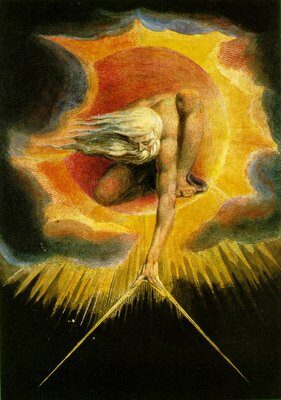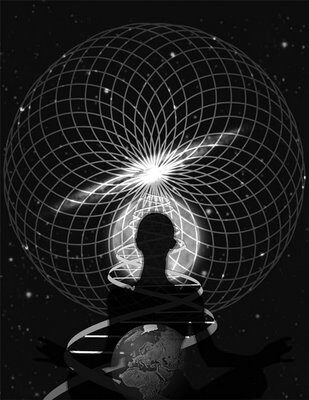Prof. Richard Dawkins stated:
“Life makes the wonders of technology seem commonplace. So where does life come from? What is it? Why are we here? What are we for? What is the meaning of life? There’s a conventional wisdom which says that science has nothing to say about such questions. Well all I can say is that if science has nothing to say, it’s certain that no other discipline can say anything at all. But in fact, of course, science has a great deal to say about such questions. And that’s what these five lectures are going to be about. Life grows up in the Universe by gradual degrees: evolution. And we grow up in our understanding of our origins and our meaning.”
My inference from this statement is that Prof. Richard Dawkins, and even children, are aware that questions such as those dealing with the meaning of life are generally relegated to religion. Thus, he is introducing to children the idea that science (whatever that might be in this context) is just as capable. And so his premise for all five lectures is established.
What might Prof. Richard Dawkins end up teaching to little children considering that he infers atheism from a study of biology as filtered through Darwinism? He has taken it upon himself to tell children that he and his fellow scientific cenobites will answer all of humanity’s deepest questions about life.Yet, we should never base our worldview on science because science can only tell us our best guess thus far and is necessarily tentative. Surely, these philosopher/scientists would argue that if your worldview must change every few years to keep up with the science de jour-so be it. Absolute uncertainty and tentativeness appears to be the best for which one could hope in a worldview based on “science.”
But what is Prof. Richard Dawkins’ pronouncement regarding where life come from, what is it, why we are here, what we are for and what is the meaning of life? In lecture 4 he tells the children, “we are machines, built by DNA, whose purpose is to make more copies of the same DNA.” Elsewhere, he has added that this is “every living object’s sole reason for living.” Alright children, now you know that you are machines whose purpose in life is to copulate. But remember, whatever you do: do not ever, never ever, behave as if you are machines whose sole purpose is to copulate.
Having preached a message praising an undefined “science” he now makes an altar call for potential converts:
“Finding out about the Universe in which we have woken up, answering questions like: What are we doing here? What is this Universe in which we’ve woken up? What is life, and what, if anything, is it for?…Put like that, doesn’t science sound, to you, like about the most worthwhile way in which you could possibly spend your short time in the spotlight?”
If you think that referring to Prof. Richard Dawkins’ modus operandi in this regard as preaching and seeking converts please understand that this is a concept that I picked up from Stephen Jay Gould (the late teacher of biology, geology and history of science at Harvard University) who wrote:
“The myth of a separate mode based on rigorous objectivity and arcane, largely mathematical knowledge, vouchsafed only to the initiated, may provide some immediate benefits in bamboozling a public to regard us as a new priesthood, but must ultimately prove harmful in erecting barriers to truly friendly understanding…the myth of an arcane and enlightened priesthood of scientists.”1But what is wrong with encouraging children to become interested in the sciences? Nothing at all.
Unless the children are, as in this case, in the atheist’s den. Prof. Richard Dawkins, PZ Myers, and many, many others use, or abuse and misuse, science as a way to smuggle atheism into the science classroom. Their books, lectures, classes and interviews are a tangled web of science and atheism. Little unsuspecting children are not likely to be able to discern when something being presented to them in this manner is observation/experimentation based or when it is atheist activism.


